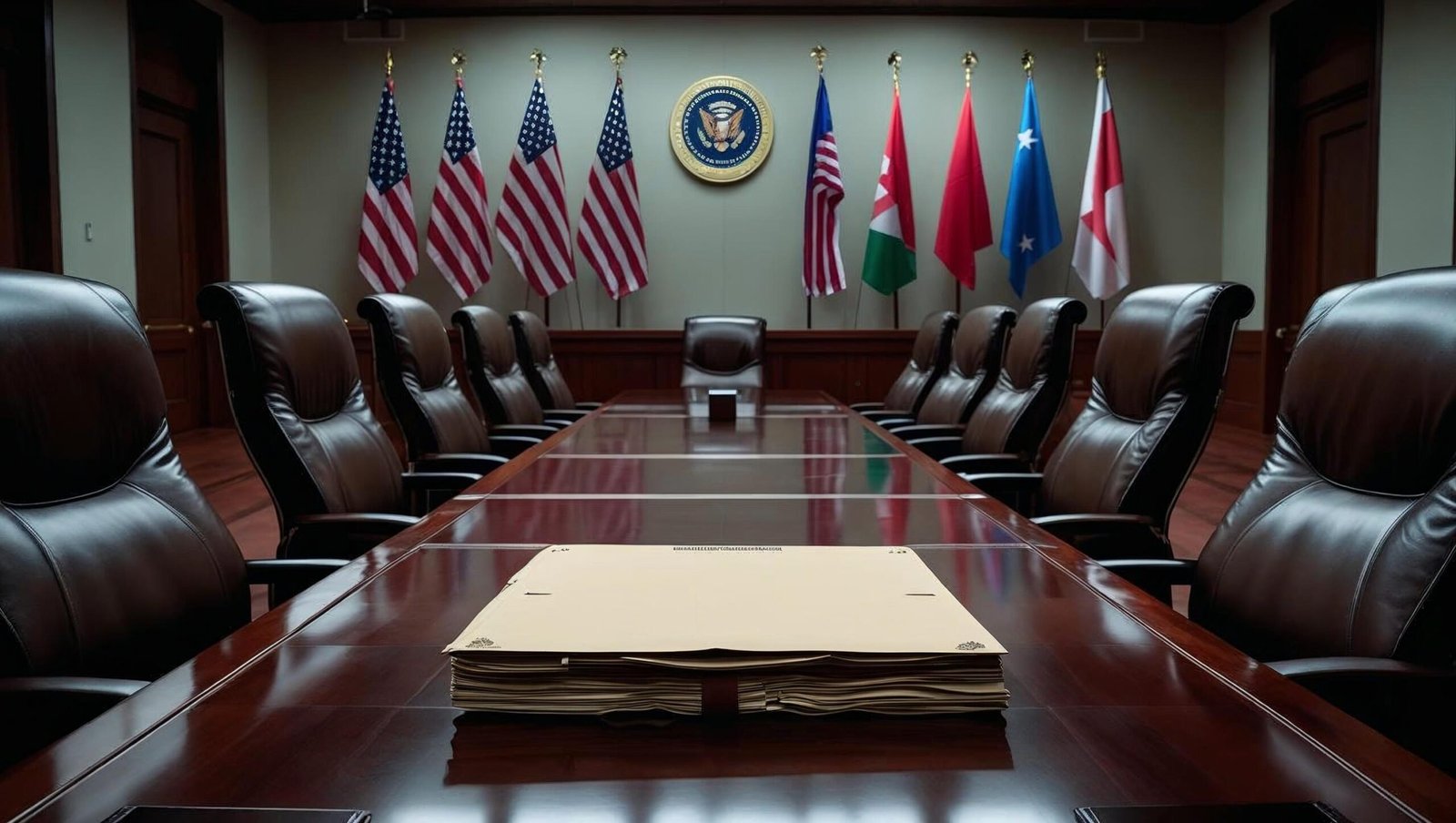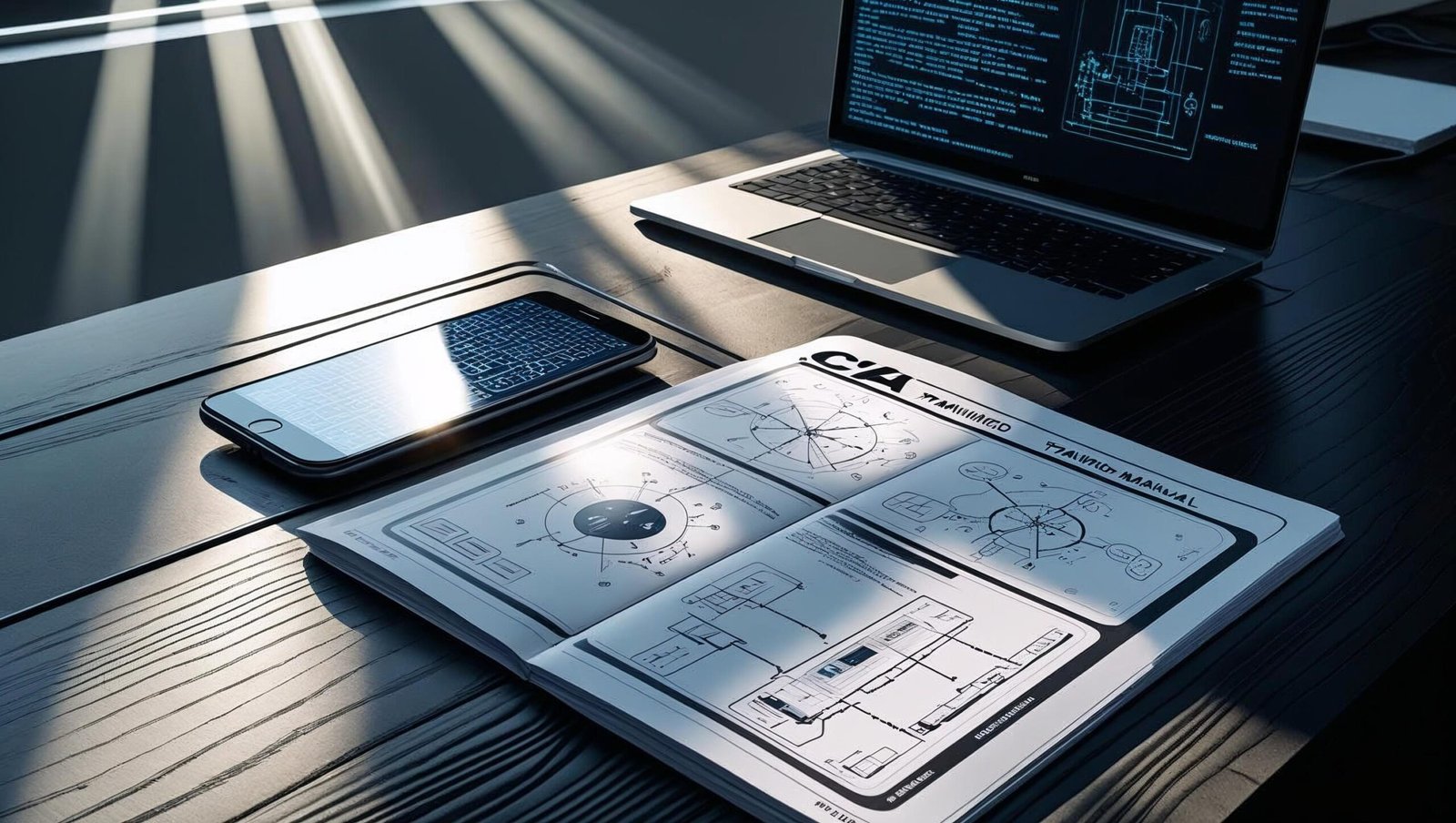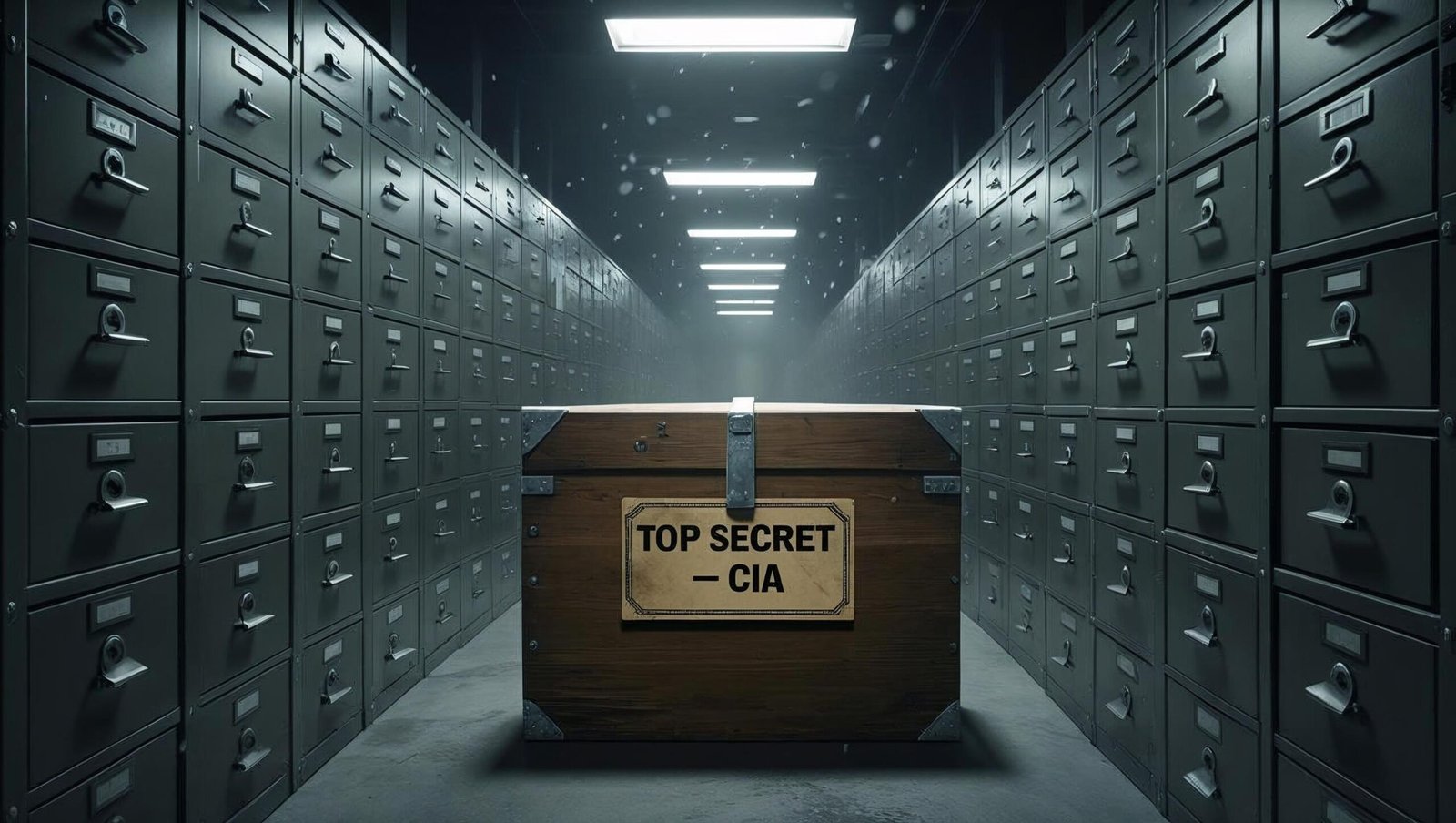The Mission by Tim Weiner: 9 Disturbing Revelations That Expose the CIA’s Modern Crisis
The Mission by Tim Weiner is a riveting exposé that thrusts readers into the clandestine world of the CIA in the 21st century. With unparalleled access to declassified documents and high-level sources, Pulitzer Prize-winning journalist Tim Weiner delivers a searing indictment of the agency’s drift from intelligence gathering to covert militarism.
In this comprehensive review of The Mission by Tim Weiner, we’ll examine the central themes, analyze his insights on policy and operational failure, and explore what this means for America’s global standing. The book is a sobering look at how ambition, secrecy, and incompetence combined to destabilize American foreign policy.

1. Introduction to the CIA’s Decline
The Mission by Tim Weiner opens with the chaos that engulfed the CIA after 9/11. Once the world’s premier intelligence agency, it morphed into an unrestrained paramilitary force with a mandate to kill rather than to understand. Weiner’s thesis is chilling: instead of adapting thoughtfully to a changing world, the CIA chose action over accuracy, secrecy over accountability.
In this review of The Mission by Tim Weiner, it becomes evident how mission creep and political pressure rendered America’s intelligence community dangerously ineffective.
2. From Analysis to Assassinations
A major argument in The Mission by Tim Weiner is the shift from cerebral analysis to kinetic action. Under pressure to “do something” after 9/11, the CIA embraced drone strikes, extraordinary renditions, and torture—rebranding itself as a tool of war.
But as Weiner painstakingly documents, this transformation hollowed out the agency’s core competencies. Intelligence gathering suffered, analysis became politicized, and trust with foreign allies eroded.
3. Torture, Rendition, and the Erosion of American Values
Few books handle the subject of torture with the candor of The Mission by Tim Weiner. The agency’s use of “enhanced interrogation techniques” is not only described as ethically repugnant but operationally useless.
Weiner’s narrative draws from firsthand interviews and internal memos to prove that the information gleaned from torture often led nowhere. Worse, it damaged America’s moral standing and provided propaganda for its enemies.
4. The Iraq Disaster and Faulty Intelligence
One of the most scathing sections in The Mission by Tim Weiner centers on the CIA’s role in justifying the Iraq invasion. Faulty intelligence, exaggerated threats, and pressure from the Bush administration led to one of the greatest strategic failures in U.S. history.
Rather than challenge the narrative, senior officials bent the facts to fit policy—a theme that recurs throughout The Mission by Tim Weiner. The result was a war that devastated a region and squandered America’s credibility.
5. Afghanistan and the Mirage of Control
In Afghanistan, the CIA’s performance was no better. The Mission by Tim Weiner outlines how poor human intelligence, hubristic leadership, and overreliance on military proxies doomed America’s longest war.
Weiner depicts Afghanistan not as a war of necessity, but of habit—sustained by illusion, denial, and institutional inertia. The Mission by Tim Weiner warns that this kind of strategic blindness will haunt America for decades.

6. Cybersecurity and the Rise of China
While the CIA flailed in the Middle East, China silently rose as a formidable cyber adversary. In The Mission by Tim Weiner, the agency is criticized for its outdated priorities and sluggish adaptation to digital threats.
Weiner argues that China’s theft of U.S. data, secrets, and intellectual property went largely unchallenged. The CIA’s obsession with drones and insurgents made it blind to a more insidious threat—one it is still unprepared for.
7. Politicization of Intelligence
A central theme in The Mission by Tim Weiner is the politicization of the agency’s assessments. From Bush to Trump, presidents have demanded that intelligence conform to ideology.
Analysts who told inconvenient truths were sidelined, and facts became tools of persuasion rather than platforms for action. Weiner paints a grim picture: a supposedly neutral agency at the mercy of political winds.
8. Internal Dysfunction and Rot
The Mission by Tim Weiner goes behind the curtain to reveal a demoralized workforce, feuding leadership, and dwindling expertise. Weiner chronicles how constant turf wars, bureaucratic paralysis, and leadership turnover sapped the CIA of its effectiveness.
The book depicts an agency at war with itself—adrift, confused, and unmoored from its founding principles. It’s a story not of evil, but of entropy—of a machine that no longer knows its purpose.
9. Can the Agency Be Redeemed?
Despite its blistering tone, The Mission by Tim Weiner ends on a cautious note. Weiner believes reform is still possible—through oversight, accountability, and a return to rigorous, apolitical intelligence work.
He proposes a rebuilding of trust—internally among analysts and operatives, and externally with the public and foreign allies. Reforming the agency, The Mission by Tim Weiner suggests, is not just a bureaucratic necessity—it’s a national imperative.
The Legacy of Failure and the Price of Secrecy
Few institutions in modern American history have suffered from as paradoxical a legacy as the CIA—simultaneously feared, admired, and misunderstood. The Mission by Tim Weiner brings this contradiction into sharp focus by chronicling the agency’s transition from its Cold War origins to its post-9/11 metamorphosis. In doing so, it unravels a central irony: the very tools the CIA used to protect American democracy often ended up threatening its core values.
The problem, as Weiner repeatedly illustrates, is one of secrecy without strategy. The CIA has often been reactive rather than visionary—caught up in fighting the last war while ignoring the present and misunderstanding the future. This was evident in its drone programs, which while technologically impressive, were blunt in effect, sowing distrust among allies and resentment among civilian populations in regions like Pakistan, Yemen, and Somalia.
The covert nature of these operations left little room for democratic oversight. Congress was briefed late, if at all. The executive branch approved actions based on intelligence that could not be independently verified. This toxic loop of internal justification without external accountability is a major thematic concern in The Mission by Tim Weiner.

Institutional Arrogance and Imperial Overreach
One of the more jarring takeaways from Weiner’s work is the level of institutional arrogance embedded within the CIA. There’s a recurrent pattern: underestimating foreign cultures, overestimating American influence, and making critical decisions based on poor or politicized intelligence. This hubris has cost the U.S. dearly—not just in dollars, but in lives, credibility, and geopolitical capital.
Take, for instance, the agency’s assessment of Afghanistan in the 2000s. Despite two decades of counterinsurgency efforts, the CIA failed to grasp the Taliban’s deep cultural and tribal roots. It operated on the mistaken belief that military pressure alone could transform Afghan society. The collapse of Kabul in 2021 revealed just how misguided that assumption had been.
Similarly, The Mission by Tim Weiner shows how the CIA’s intelligence failures in Iraq were not just errors in data but in mindset. Officials ignored dissenting voices, cherry-picked reports, and failed to properly vet defectors. These cognitive biases, compounded by political pressure, created a distorted worldview—one that served as the basis for a catastrophic war.
The Ethical Abyss: Morality vs. Expediency
What makes The Mission by Tim Weiner so compelling—and disturbing—is its refusal to treat ethical questions as secondary. Torture, rendition, drone strikes, and assassination programs are not presented as mere tactical tools; they are interrogated as moral choices with long-term consequences.
This approach invites readers to ask uncomfortable but essential questions: Can democracies maintain ethical high ground while engaging in practices that violate international law? Does the end truly justify the means when those means involve denying due process, targeting civilians, or destabilizing sovereign nations?
Weiner doesn’t offer easy answers, but he does present overwhelming evidence that these practices have made the U.S. more enemies than friends. Worse, they’ve weakened the very institutions tasked with defending American ideals. Intelligence that relies on torture is not just morally suspect—it’s operationally flawed. Evidence gathered through coercion is often inaccurate, tainted by desperation, and easy to exploit by adversaries.
Cultural Ignorance and Intelligence Blind Spots
An overlooked yet recurring theme in The Mission by Tim Weiner is cultural illiteracy. The CIA has frequently deployed operatives with minimal understanding of the regions they operate in. Language barriers, historical amnesia, and ethnocentric assumptions have led to avoidable blunders.
Weiner emphasizes that real intelligence requires more than satellites and wiretaps—it demands context. Why did al-Qaeda flourish in the tribal regions of Pakistan? Why did the Arab Spring catch the West by surprise? Why has Iran’s intelligence apparatus outmaneuvered the CIA in multiple theaters?
The answer, in part, lies in a failure to invest in human intelligence (HUMINT) and regional expertise. The agency’s preference for technological surveillance over personal relationships has created a knowledge gap that adversaries are quick to exploit. In short, without cultural fluency, even the best resources are misapplied or misunderstood.
Echoes of Empire: A Historical Comparison
To better understand the implications of The Mission by Tim Weiner, it’s useful to compare America’s intelligence history with those of other empires—namely, Britain and the Soviet Union. Each built massive intelligence infrastructures. Each believed in the righteousness of their global missions. Each suffered humiliating defeats rooted in arrogance, miscalculation, and ethical compromise.
For the British, the Suez Crisis of 1956 marked the moment their intelligence assumptions clashed with geopolitical reality. For the Soviets, it was Afghanistan—a war based on false premises and sustained by denial.
The Mission by Tim Weiner argues that the U.S. is now navigating a similar path. The belief that covert force can substitute for diplomatic strategy is not only unsustainable—it is dangerous. Like their imperial predecessors, American intelligence officials risk learning too late that tactical victories do not guarantee strategic success.
The Media, the Public, and the Truth
Another fascinating dimension that The Mission by Tim Weiner explores indirectly is the relationship between the CIA, the media, and public perception. In an age of disinformation and deepfakes, intelligence leaks have become tools of both truth-telling and manipulation.
While the CIA once thrived in the shadows, today it operates under unprecedented scrutiny. Journalistic investigations, FOIA requests, and whistleblower accounts challenge official narratives. This is both a strength and a vulnerability—democracy demands transparency, but transparency can also expose national weaknesses.
Weiner’s book is itself a product of this dynamic—a deeply researched, meticulously sourced journalistic investigation. Its existence proves that the truth, though buried, can still surface when institutions are held accountable.

What Reform Might Look Like
Although The Mission by Tim Weiner primarily catalogs failure, it also outlines paths to redemption. Key among them is structural reform. Intelligence operations must be subject to stronger congressional oversight. Whistleblower protections need to be expanded. Ethics training must be embedded in operational planning.
Moreover, the agency’s hiring and training protocols should shift to emphasize cross-cultural understanding, language skills, and strategic thinking—not just technical competence. Intelligence must be forward-looking, not reactive. Agencies need to invest in long-term regional expertise instead of short-term tactical gains.
Technological adaptation is also critical. Cyber intelligence, AI-driven surveillance, and quantum encryption are not future concerns—they are now. The CIA must pivot to these areas without abandoning the human element that has historically underpinned successful operations.
Final Reflection: Democracy’s Dark Mirror
In many ways, The Mission by Tim Weiner is not just about the CIA. It is about what happens to democracy when fear overrides accountability, when secrecy becomes synonymous with power, and when institutions are no longer held in check by the people they serve.
The book forces readers to confront the uncomfortable truth that even well-meaning institutions can become corrupted by their missions. The CIA may have begun as a guardian of liberty, but under the weight of unchecked authority, it has veered perilously off-course.
And yet, the book also suggests that all is not lost. Awareness breeds responsibility. Transparency fosters trust. Accountability restores purpose.
The story of American intelligence is still being written. Whether it concludes as a tragedy or a redemption tale may depend on whether citizens, journalists, and lawmakers choose to engage with difficult truths—or turn away from them.
Closing Thoughts
As readers absorb the final chapters of The Mission by Tim Weiner, a heavy sense of urgency lingers. The book is not a historical artifact but a contemporary warning. If American intelligence is to evolve into a force for good—rather than coercion, overreach, and secrecy—then radical introspection is needed.
Weiner doesn’t offer ideology. He offers facts. And in doing so, he holds a mirror to the most powerful intelligence agency on Earth and asks a timeless question: Who watches the watchers?
The Mission by Tim Weiner: Strengths and Impact
Strengths:
-
Deep research and transparency
-
Firsthand insights from operatives and insiders
-
Balanced tone despite strong critique
-
Accessible to general readers and scholars alike
Impact:
The Mission by Tim Weiner is not a casual read—it is a warning. A wake-up call. It forces Americans to question who holds the real power and at what cost.

Who Should Read The Mission by Tim Weiner?
-
Policymakers and diplomats
-
Defense and intelligence professionals
-
Political science and history students
-
Concerned citizens
-
Investigative journalists
This isn’t just a book about espionage. It’s about democracy, truth, and institutional decay. The Mission by Tim Weiner is essential reading for anyone who wants to understand how nations lose their moral compass.
FAQs
Q1: What is the core argument of The Mission by Tim Weiner?
The book argues that the CIA has drifted from intelligence gathering to unchecked militarism, leading to moral failures and strategic disasters.
Q2: Does the book provide solutions or just criticisms?
Yes, it ends with a call for institutional reform, oversight, and a return to ethical intelligence operations.
Q3: Is The Mission by Tim Weiner factually reliable?
Absolutely. The book is based on declassified materials, internal documents, and hundreds of high-level interviews.
Q4: How does it compare to Weiner’s previous works?
While Legacy of Ashes focused on the CIA’s past, The Mission by Tim Weiner zeroes in on the post-9/11 landscape, particularly the challenges of the 21st century.
Q5: Is this book anti-American?
No. It’s pro-accountability. Weiner critiques institutions to strengthen democracy, not to undermine it.
Conclusion
The Mission by Tim Weiner is not just a book about intelligence—it’s about the corrosion of values under the weight of secrecy and fear. It documents the CIA’s transformation from a calculated observer of global affairs to a blunt instrument of shadow warfare.
By blending history, investigative journalism, and strategic analysis, Weiner crafts a narrative that is both terrifying and necessary. This is a book for patriots who believe that power must be questioned, especially when it operates in the dark.
Read The Mission by Tim Weiner if you want to know the cost of silence, the danger of unchecked ambition, and the hope for reform that still flickers in America’s most secret corridors.
Visit shubhanshuinsights.com for more brutally honest, deeply researched, and courageously written book reviews that challenge convention and provoke thought.